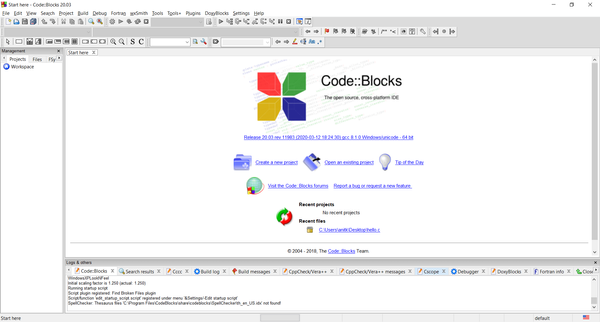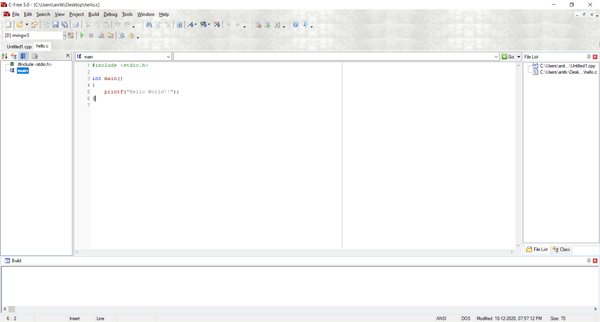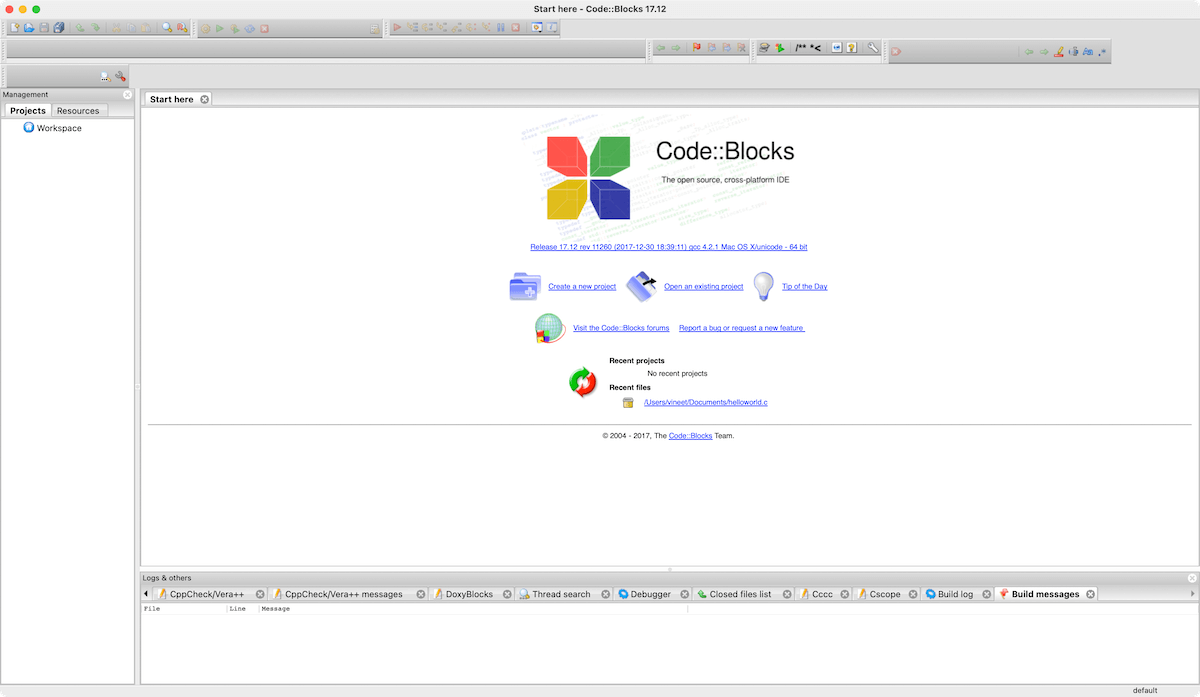Creating a variable reserves a memory location, or a space in memory for storing values. The compiler requires that you provide a data type for each variable you declare. Here some point to remember -
-
C++ offer a rich assortment of built-in as well as user defined data types.
-
Integer, a built-in type, represents a whole number value. Define integer using the keyword int.
-
C++ requires that you specify the type and the identifier for each variable defined.
-
An identifier is a name for a variable,function,class, module, or any other user-defined item. An identifier starts with a letter
(A-Z or a-z)or an underscore(_), followed by additional letters, underscore, and digits(0 to 9).
For example:
Define a variable called var that can hold integer values as follows:int var=10;
Now, let's assign a value to the variable and print it.
#include<iostream.h>
using namespace std;
int main()
{
int var=10;
cout<<var;
return 0;
}
Output:
10
Note: The C++ programming language is case-sensitive, so var, Var and VAR are different-different identifiers.
Define all variables with a name and a data type before using them in a program. In cases in which you have multiple variables of the same type, it's possible to define them in one declaration, separation, separating them with commas(,).
For example:
int a,b;
//define two variables of type int
A variable can be assigned a value, and can be used to perform operations.
For example:
int a=30;
int b=15;
int sum =a+b;
cout<<sum;
// Now sum equals 45






